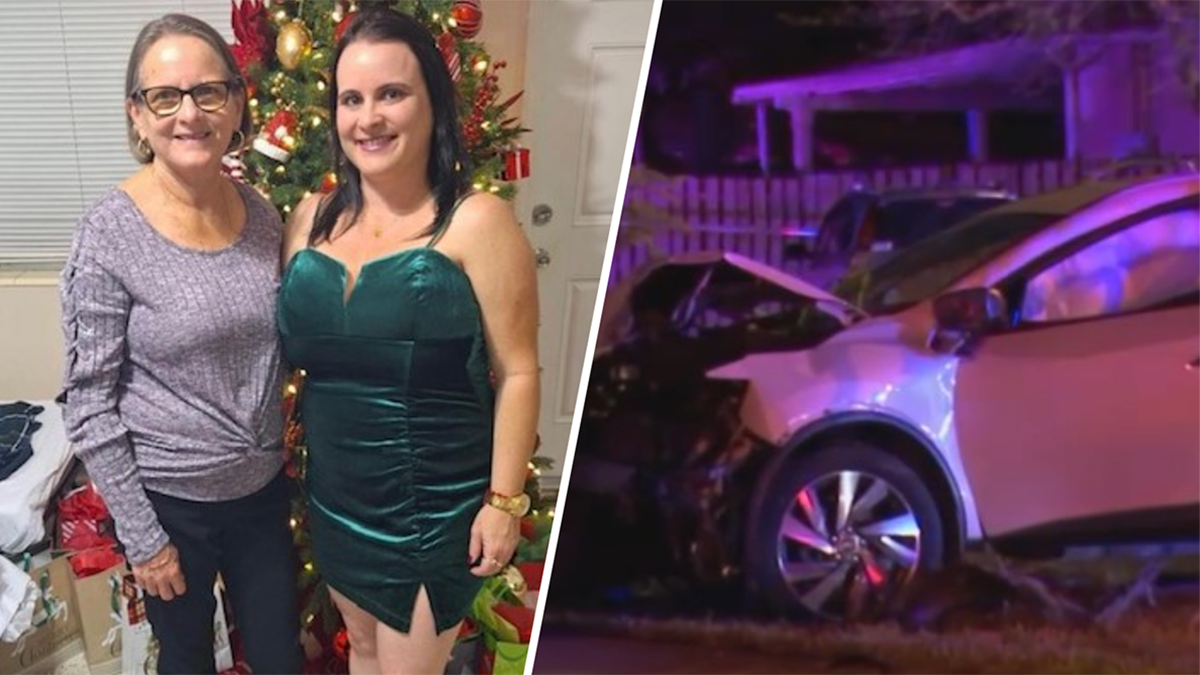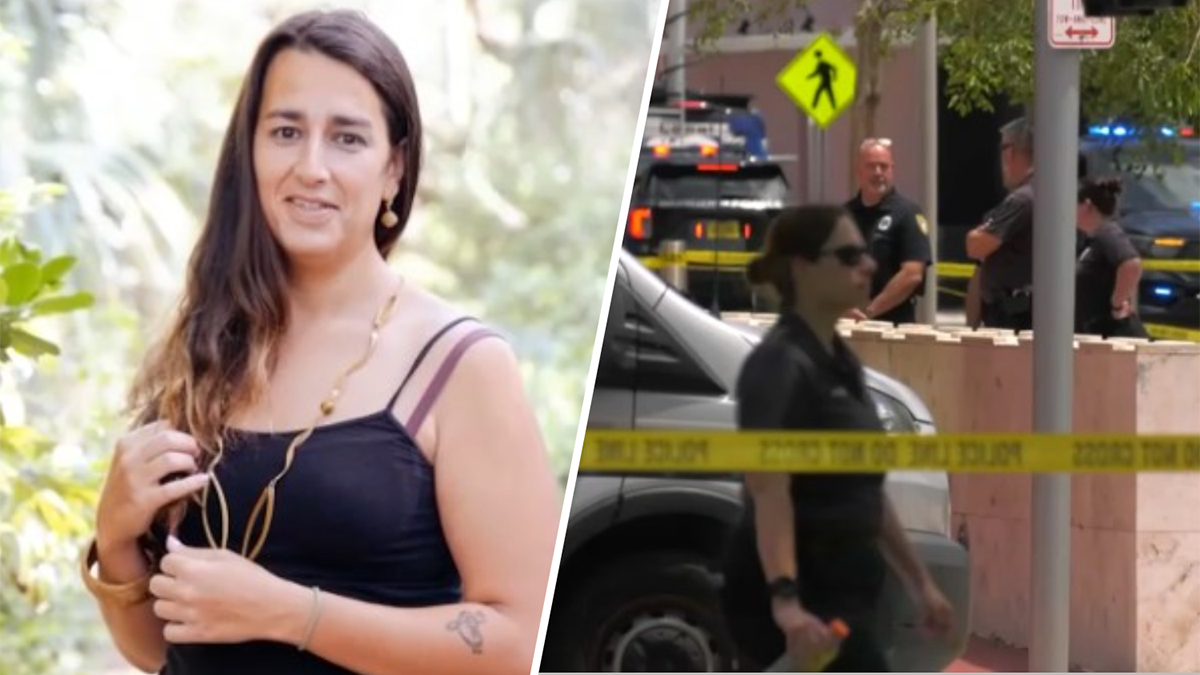Florida Sen. Marco Rubio and Gov. Rick Scott told a crowd of Venezuelans in Miami on Friday they are urging the U.S. government to instate sanctions against the South American country where nationwide protests against President Nicolas Maduro have turned deadly.
The Republican senator has introduced a resolution in the Senate calling for visa bans and asset freezes against Venezuelan leaders involved in human rights violations against protesters. Scott, Florida's Republican governor, has sent a letter to President Barack Obama calling for similar sanctions revoking the U.S. visa of anyone involved in the attacks.
"President Obama doesn't need a resolution to do that," Rubio told more than hundred people gathered, many dressed in the blue, red and yellow colors of the Venezuelan flag at El Arepazo 2, a popular gathering spot for the expat community in Miami. "He can do it today."
South Florida is home to the largest concentration of Venezuelans in the U.S. Many fled during the presidency of the late Hugo Chavez and are stridently against his successor, Maduro. They cheered and draped Scott and Rubio with the Venezuelan flag.
The protests in Venezuela began as student-led demonstrations but have grown to include the mostly middle-class opposition, upset about economic problems and the heavy-handed government response to the demonstrations. The protests continued Friday with scattered barricades blocking streets in some Caracas neighborhoods on the second day of national holidays.
Seventeen people have died in the protests, according to Venezuela's chief prosecutor. The most recent death was a youth cleaning a street in Carabobo state Thursday.
The U.S. State Department has urged Venezuela to respect human rights and liberate members of the opposition who have been incarcerated. On Friday, Secretary of State John Kerry said the U.S. would "examine every aspect of what is available to us as an option here."
Local
"But most importantly, we need a dialogue within Venezuela," Kerry said.
In addition to Rubio's resolution in the Senate, a resolution has also been introduced by Republican Congresswoman Ileana Ros-Lehtinen of Miami in the House denouncing the violence and calling for the international community to promote mediation but stopping short of calling for the U.S. to institute sanctions.
Miami-Dade Mayor Carlos Gimenez said that Maduro has abandoned key principles of a democratic society recently through his violent actions against student protesters and the arrest of opposition leader Leopoldo Lopez.
“I firmly stand with all freedom-loving Venezuelan people who wish to exercise their inalienable right to protest against the government of Mr. Maduro,” Gimenez said in a statement. “I also express my deepest sympathy to the family of those who have been killed by the Venezuelan government during these protests.”
“Many of us in Miami-Dade County have experienced the effects of tyranny, which is why we join our Venezuelan community in opposing the actions of Mr. Maduro, and to promote peace and unity in Venezuela, and throughout the world,” the county mayor added.
Five members of the Venezuelan national intelligence agency were arrested on murder charges Wednesday in connection with the shooting deaths of a 24-year-old university student and a government supporter during protests. Three more were arrested on similar charges earlier in the week.
Jennifer McCoy, a political science professor and Venezuela expert at Georgia State University, said it would be premature to apply sanctions until the government's investigations are carried out and it is clear who was involved.
"At this point, I'd expect that if sanctions were placed on individual Venezuelans while or before investigations concluded inside Venezuela, certainly Venezuela would respond saying, 'This is interference and they are carrying out their own justice,' " McCoy said.
The U.S. expelled three Venezuelan diplomats Tuesday in response to a similar action against three U.S. consular officials in Caracas.
In his remarks in Washington with Colombian Foreign Minister Maria Holguin, Kerry said Venezuela has frequently blamed the U.S. for its own economic and political woes.
"And so there's a fiction that has been created where it's easy to blame us even though we've had literally absolutely no intrusive engagement or effort or anything other than to try and have a normal relationship," Kerry said.
Although he was it was "not inappropriate" for members of Congress and others to consider incentives and measures as a response to events in Venezuela, Kerry also said Venezuelan leaders need to "reach out and have a dialogue and bring people together and resolve their problems."
Eric Farnsworth, vice president of the Council of the Americas and Americas Society think tank, said he understood the frustration that has been expressed by some in the Venezuelan community that the U.S. should more sharply denounce the violence in Venezuela. But he said the U.S. needs to strike a tricky balance of showing disapproval without overly inserting itself, in particular because of its history in the region.
"Looking at it in the context of international diplomacy, and trying to find a path forward in a very complicated scenario, you don't want to do things prematurely that could make things look worse," he said.
Venezuelans in Miami have been collecting humanitarian items to send to Venezuela, holding protests nearly every day and pressuring political leaders to condemn the violence. Activist Beatriz Olavarria said many felt their calls had finally been listened to on Friday.
"The follow-up on that is what we want to see," she said.



